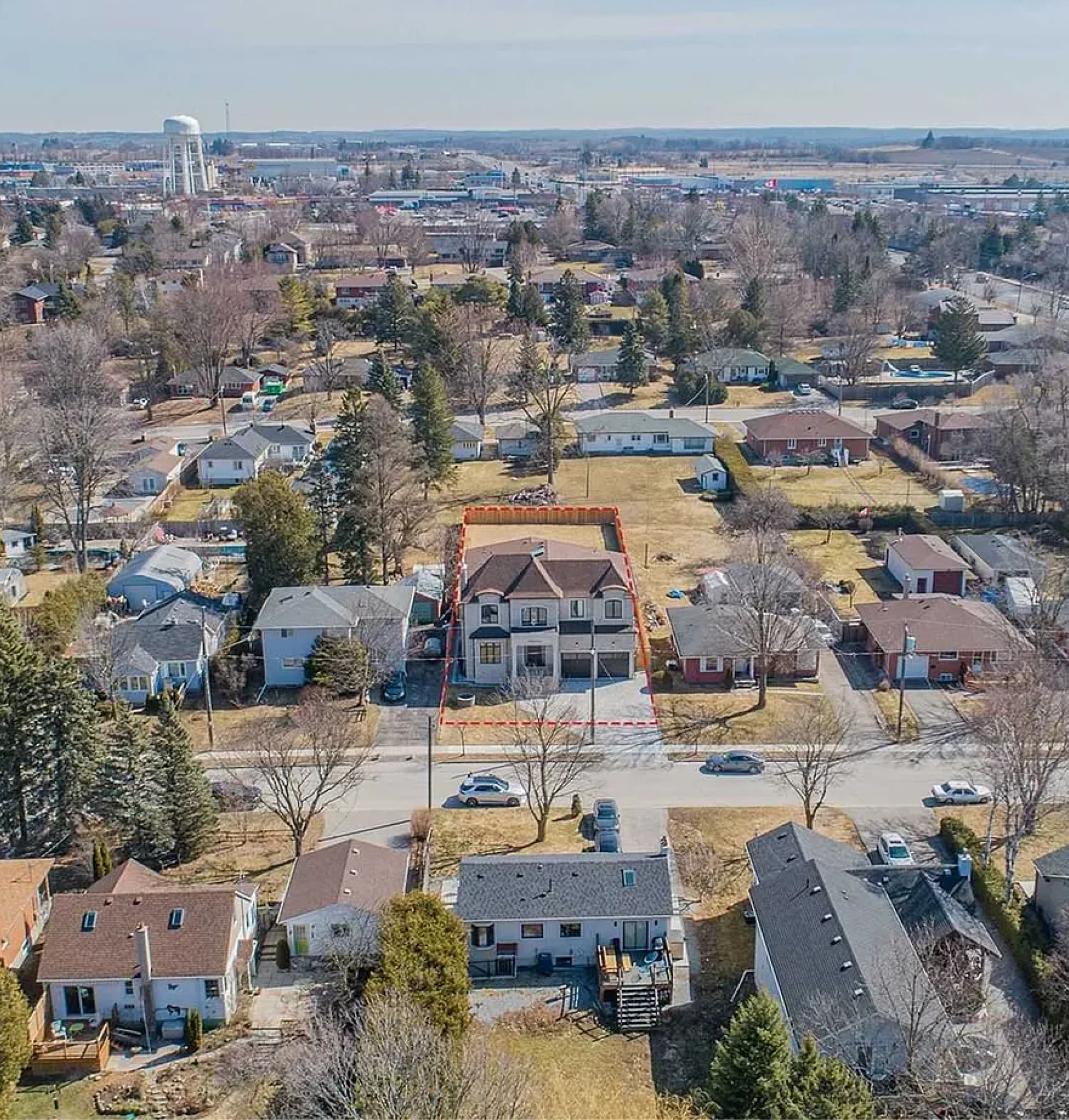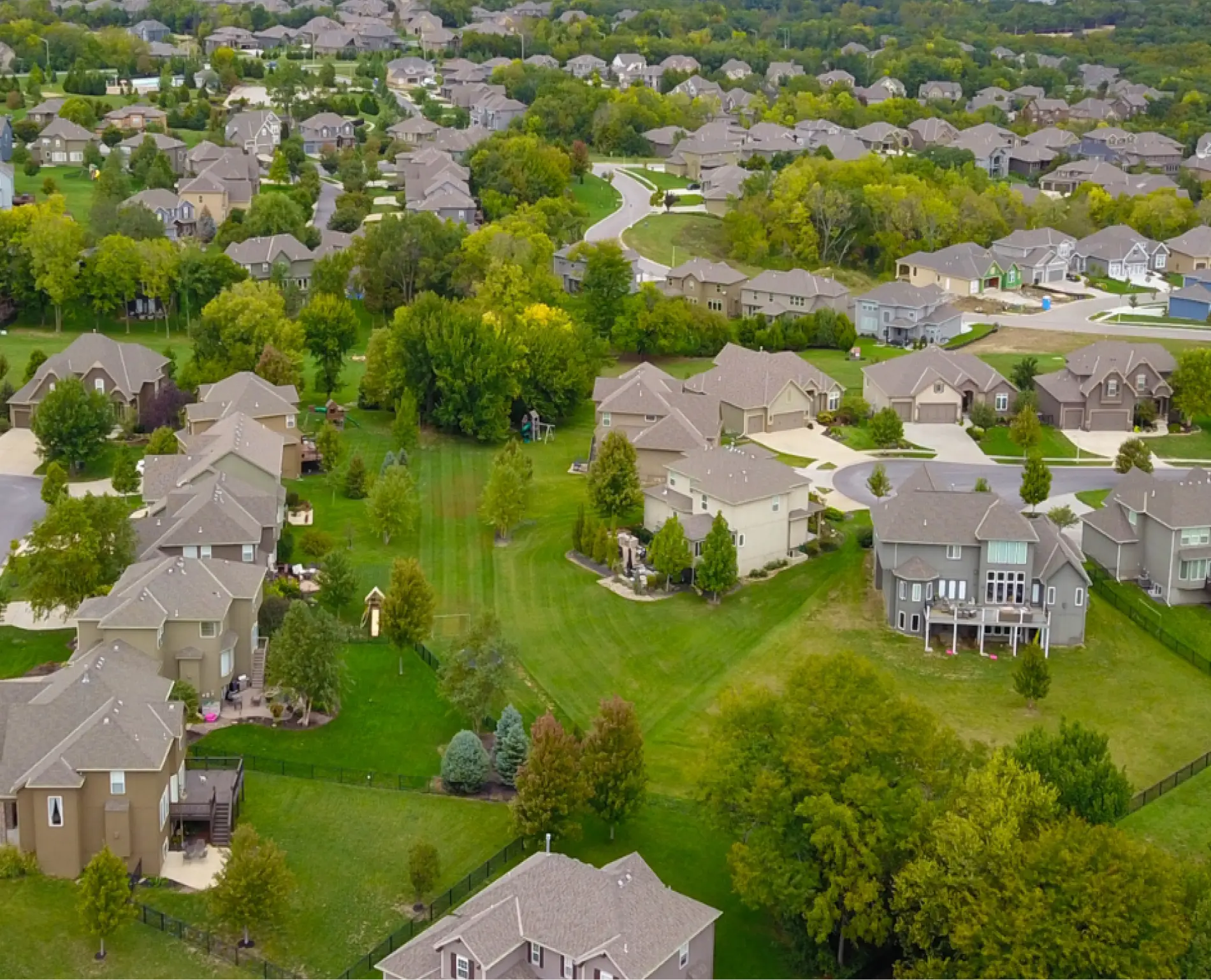Be Informed, Get Your Loan Approved


Land acquisition financing is a specialized loan designed to help you purchase raw land for various purposes, including residential, commercial, or industrial development. These loans cover the initial costs of acquiring the land and may extend to necessary improvements like site planning, infrastructure, and other preparatory work.
Securing the financing required to purchase land is slightly more complex than applying for a mortgage, or alternative loans. Firstly, there’s no home or building to act as collateral for your loan. This increases the risk of investment for lenders compared to already established properties. Land can be divided into distinct categories, depending on your intended purpose:
Learn More About Land Acquisition Financing
TM Lending is a trusted provider of land acquisition financing across Ontario. With extensive experience and a deep understanding of the local market, we offer flexible loan options, competitive interest rates, and personalized consultations. Our expert team works closely with you to tailor a financing solution that fits your specific needs, whether you’re planning a residential subdivision, commercial property, or industrial development.

Securing a land acquisition loan involves several key steps:
Find Out How to Qualify
When acquiring land, understanding local zoning laws and land use regulations is a critical step in ensuring your investment aligns with your goals. These regulations determine how the land can be used, whether for residential, commercial, agricultural, or industrial purposes. Proper planning and due diligence can save you from potential legal issues and help you maximize the value and potential of your property.
Different zones permit specific types of development. Knowing the zoning category of the land you're interested in is essential, as it determines whether you can build a residential home, commercial property, or use the land for agricultural purposes.
Zoning laws outline what activities are allowed on the land, as well as any restrictions. For example, certain areas may have height restrictions for buildings, minimum lot sizes, or requirements for green spaces.
If the current zoning doesn’t align with your intended use, you may need to apply for rezoning or a variance. This process can be complex and time-consuming, but it’s sometimes necessary to achieve your project goals.
Some lands may have environmental protections or be part of a historical preservation area, which could limit development options. It’s crucial to assess these factors early in the acquisition process.
Consider the availability of essential services like water, electricity, and sewage systems. Land in undeveloped areas may require significant infrastructure investment, impacting your overall project costs.
At TM Lending, we’re not just about financing; we’re about guiding you through every aspect of your land acquisition. Our experts will help you navigate the complexities of land use planning and zoning, ensuring that your investment is not only compliant but also optimally positioned for success.
Learn More About Zoning and Land Use Planning
The amount of the down payment for a land purchase depends on the type, purpose, location, and creditworthiness of the land. Generally, if the land is acceptable to a private lender, you will need to put down between 25-45% or more. If you plan to develop the land immediately, Credit Unions and Banks may accept a lower down payment.
In order to purchase vacant or raw land in Ontario, you will need to provide two valid forms of identification for all applicants, a current mortgage statement, a property tax assessment notice, a purchase agreement (if applicable), and an appraisal from an approved appraiser. Additional documentation may be necessary depending on the specifics of your case.
You may be able to use other real estate you own as additional security to get a mortgage loan. This is known as a “blanket mortgage” and is usually only available through private lenders, rather than traditional or semi-traditional lenders. Traditional or semi-traditional lenders may offer this option if you have a commercial banking relationship. It can be a great short-term solution to help you reach your goals.
When purchasing vacant or raw land, it is important to be aware of any zoning laws that may apply. Zoning regulations dictate how the land can be used and the types of structures that can be built on it. For example, land zoned for agricultural use must primarily be used for agricultural purposes, unless it is rezoned. However, the rezoning process is often lengthy and costly, and there is no guarantee that it will be successful.
In Canada, you have the option of purchasing three different types of land: raw land, vacant land, and crown land. Raw land is the most affordable but requires the most work. Vacant land is more expensive but is easier to develop and finance. Crown land is only available if private land is not an option and requires approval, which can be a lengthy process with no guarantee of success.
When purchasing vacant or raw land, a private mortgage lender may be a better option than a bank. Private mortgage lenders are not subject to the same stringent regulations as banks and other traditional financial institutions, and they may not require large upfront equity payments. They have the freedom to decide what risk they are willing to take on and can work with you to find an arrangement that is beneficial for both parties.